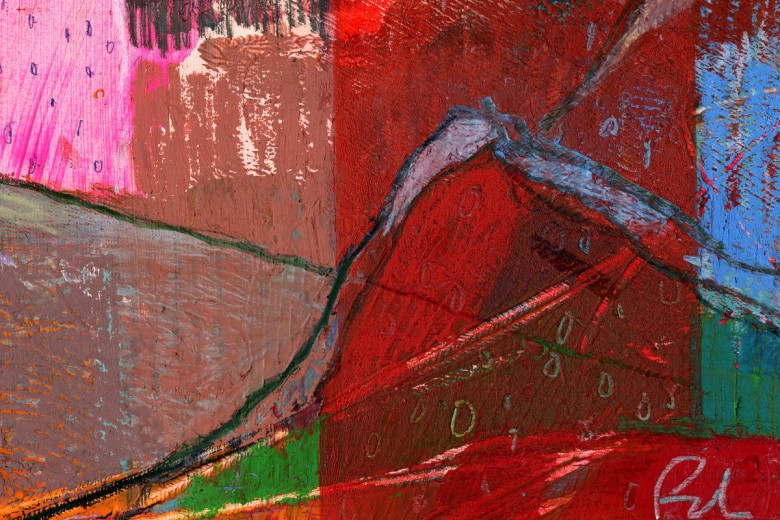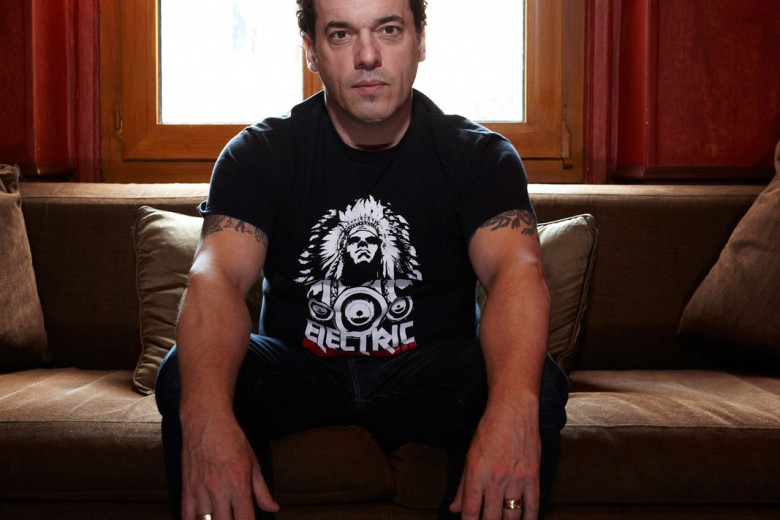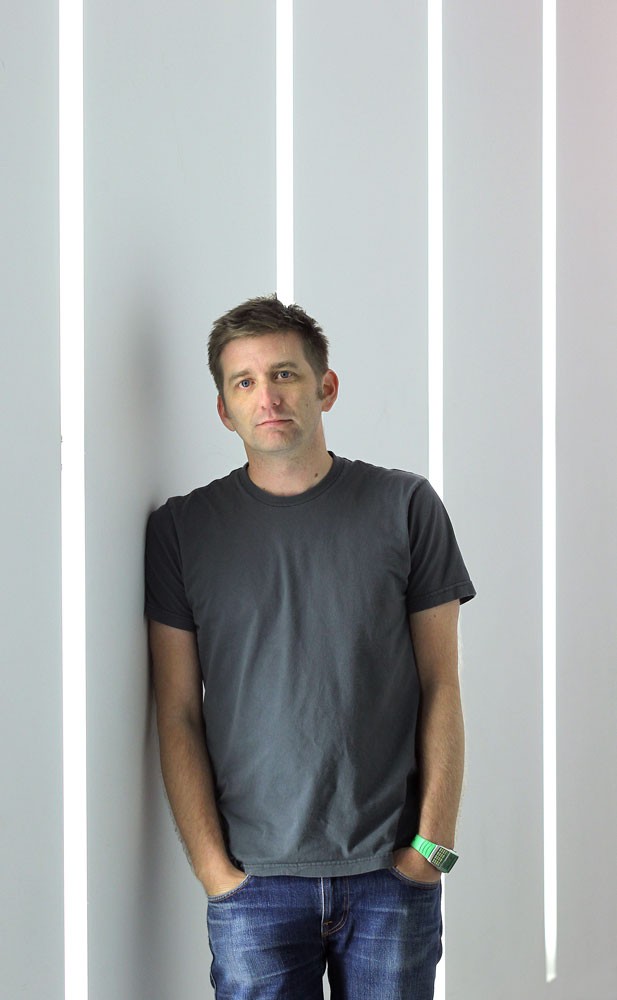
Now in its fourth year, Briarpatch’s Writing in the Margins contest continues to spotlight writing that brings to life issues of political, social, and environmental justice. This year we’ve added a new poetry category alongside a category for creative non-fiction.
Creative non-fiction entries will be judged by the Saskatchewan writer, teacher, and environmental activist Candace Savage. Her books include Prairie: A Natural History and A Geography of Blood: Unearthing Memory from a Prairie Landscape, which won the $60,000 Hilary Weston Writers’ Trust Prize.
Poetry entries will be judged by the poet and singer-songwriter John K. Samson, who records and performs on his own and as the singer and songwriter for The Weakerthans. He is the author of Lyrics and Poems, 1997-2012 and is the managing editor and founder of ARP Books. He lives in Winnipeg, Treaty 1 territory. Yutaka Dirks caught up with our judges to talk aesthetics and activism.
You’ve both had long, successful careers. John, you’ve been writing lyrics for years with The Weakerthans, Propagandhi, and your own solo work. Candace, you’ve published over 20 books, beginning in 1979 with Our Nell. Do you remember the first thing you wrote that you were really proud of? What keeps you going and sustains you as a writer?
CS: When I was in Grade 2, a story I wrote for Brownies was printed in the local paper in Dawson Creek, B.C., where we lived at the time. With the possible exception of learning to wrap parcels, I detested Brownies – the dowdy brown dress, the belt that kept getting lost under the bed, the badge for darning socks. But seeing my words in print and knowing that someone had admired them was like getting a special hug. After that, I wasn’t truly satisfied with anything I wrote for a long time. It took me a while to learn that writing, like so many other things in life, is the art of the possible. Try as you might to get it right, you have to accept your limitations. It’s immensely gratifying when the imperfect words on the page take flight in someone else’s mind and that person takes the time to let you know. When you really connect with someone else, the effort seems worthwhile.
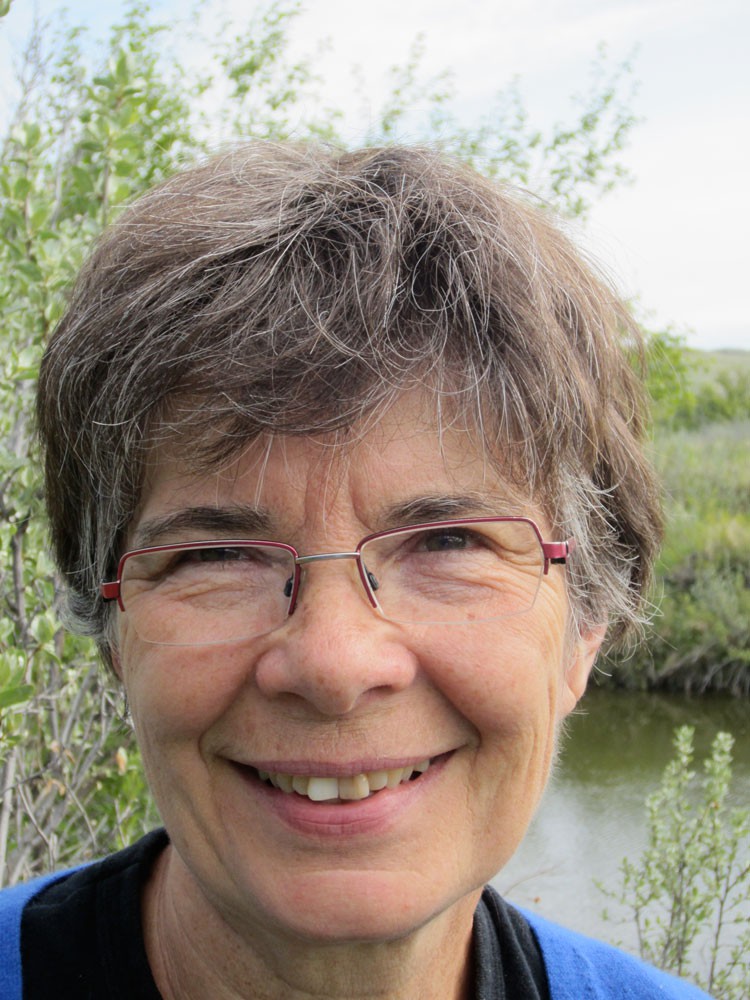
JKS: Same here. I recall taking great pride in a rhyming couplet about snow I wrote in Grade 2 or 3, which was typed out and printed in a handmade book with a laminated cover, and then there were decades of impatience trying to recapture that feeling. I don’t exactly feel pride in my work, more like satisfaction when I fully explore or exhaust the possibilities of a song. And I am happiest when a song is proven durable – when I can play it in different venues and during different eras of my life and have it do something to and with an audience, large or small.
Despite the many differences between A Geography of Blood and John’s lyrics and poetry, there are some areas of thematic convergence: a deep, personal experience of the Prairies and of life in small towns, and the history and politics of those places. How do you see the relationship between the personal and political in your own writing or that of others?
CS: My parents were born in the 1920s, which means they grew up in the Dirty ’30s. Times were much better by the 1950s and 1960s when I was growing up. But in many ways, the dust of the ’30s continued to blow through my childhood. It was there in my mother’s bouts of depression; it was there in my dad’s restless determination to make something of himself. A lesson learned early: our individual, private lives are set in the context of history and politics. The personal and the political and the aesthetic are inseparable.
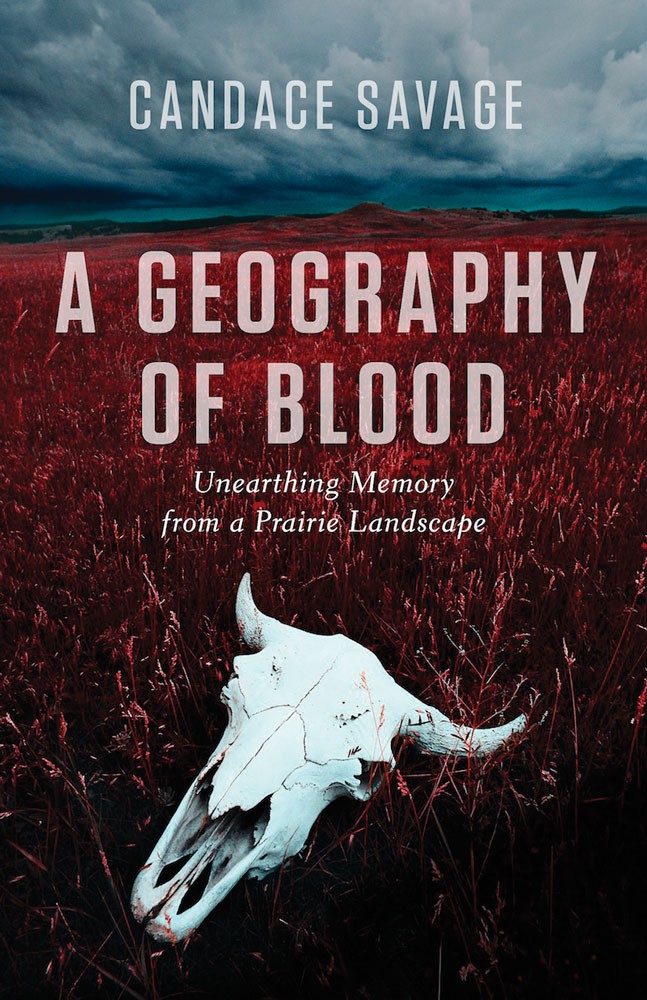
JKS: I think Candace’s A Geography of Blood is a wonderful example of the kind of work I aspire to as a writer and as an ally. I heard it as a moving and artful call for us all to make a true effort to understand the context and history of where we find ourselves, which will require genuine curiosity and empathy, and to search our present tense for possibility and justice.
Candace, A Geography of Blood is a fantastic stylistic hybrid, part memoir, part history. You make use of a variety of tenses and points of view and include transcripts of interviews with long-dead historical figures. John, your work runs the gamut from whispered acoustic ballad to brash punk rock. How do you know when you’ve found the right form for the story you are telling?
JKS: Melody is a mysterious force. I am musically pretty limited, a utilitarian player at best, but I’ve come to realize that music is what provokes me into language, and I’m grateful for it.
CS: With Geography of Blood, I knew from the outset that I needed a first-person narrator to lead the reader on a journey he or she probably didn’t want to take. But there were also moments when forethought failed me, and I made decisions out of desperation. For example, the “interviews” with long-dead people happened on a day when the paragraphs that were appearing on my screen were boring me to tears. This would be so much simpler if I could just talk to these guys, I thought. And so I did. A friend who read the manuscript early on thought the interviews were a mistake, but I liked them right away. There is never one right way to tell a story. You just keep bashing around until you find something that interests you and that might click for other people.
Do you have anything to share with those writers out there who are thinking of entering the Writing in the Margins contest?
CS: The wonderful thing about working with words is that they are inexhaustible and free. No matter how many sentences you write and delete and rewrite and arrange, you will never have to go shopping. So let yourself know what you want to say and then feel free to play. Be bold, be brilliant, and illuminate your subject in your own special way. I’m looking forward to seeing the world with fresh eyes, through your writing.
JKS: First off, I would say you should maintain a healthy distrust of contests and prizes. My goals as a worker in the music industry are: never use the word baby in a song and never attend awards shows. Art is, of course, a conversation, not a competition. Having said that, I admire the ethics and tone of this contest, love Briarpatch, and am very much looking forward to reading your work. As for getting the words down, I keep and discard lots of advice from writers, but always return to this little Frank O’Hara ditty: “You just go on nerve. If someone’s chasing you down the street with a knife you just run, you don’t turn around and shout, ‘Give it up, I was a track star for Mineola Prep.’”
Read more about Writing in the Margins, our fourth annual creative writing contest, and enter HERE.



